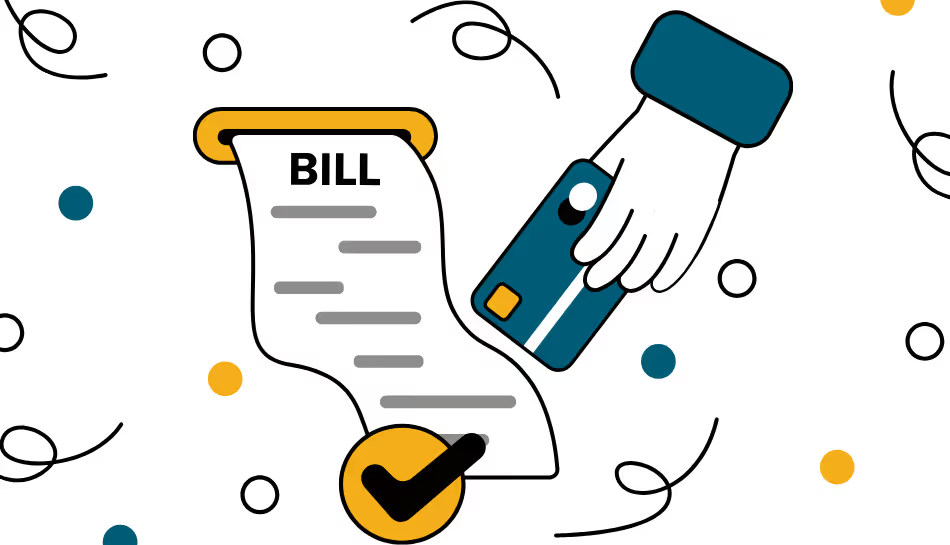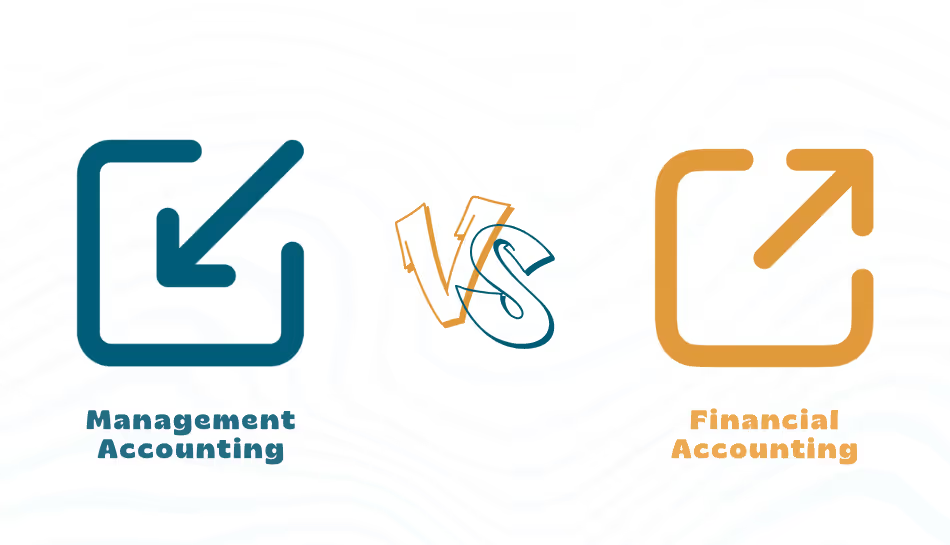If you've been running a business in India, chances are you've heard the term e-invoicing quite a bit. But what exactly does it mean, and why has it become such an important part of GST compliance? Let's break it down in simple terms.
Understanding E-Invoicing under GST
E-invoicing under GST means the electronic authentication of invoices through the government's Invoice Registration Portal (IRP). Instead of generating the invoices in various formats and then uploading them manually at a later stage, the businesses will now generate the invoices in an electronic mode that will be verified by the GST system in real time.
Once verified, the system generates a unique Invoice Reference Number (IRN) along with a QR code, thereby making the document fully GST-compliant. In essence, it standardizes invoice reporting and plugs gaps in tax filings, hence minimizing the chances of mismatches between invoices and GST returns.
Why E-Invoicing Matters
The shift to e-invoicing is not just about going electronic; it's about bringing complete transparency, efficiency, and lessening manual errors. With e-invoicing,
- Businesses can save time by generating invoices automatically and producing reports.
- Fraud and fake invoices are reduced drastically due to real-time verification.
- GST returns, such as GSTR-1 and GSTR 2B, get auto-updated with e-invoices.
- The entire reconciliation and audit process becomes easier.
In other words, e-invoicing under GST will help both businesses and the government maintain a cleaner, more reliable tax ecosystem.
Applicability of E-Invoicing in India
The Indian government implemented e-invoicing in a phased manner based on business turnover. It was initially applicable only to large enterprises. Over time, the limit of e-invoicing turnover has been reduced to include more and more taxpayers.
As of now, e-invoicing is made compulsory for businesses whose annual turnover is ₹ 5 crore or more in any financial year from 2017-18 onwards. That means if your company has crossed that limit even once, you must issue GST-compliant e-invoice for all B2B and export transactions.
Key Regulations and Compliance Rules
Here are major e-invoicing rules every business should know:
- Invoice Registration: It means uploading every invoice on the IRP of the government to generate the IRN.
- QR Code Requirement: An IRP-generated QR code has to be printed on all invoices.
- Integration with ERP Systems: E-invoicing software can be integrated with the business's existing ERP or accounting software, such as Bigsun, for complete automation.
- Reporting Timelines: Invoices need to be reported to the IRP prior to issuance to the customer.
- B2C Transactions: At present, there is no requirement to issue e-invoices for B2C transactions.
Failure to issue e-invoicing on such transactions will attract penalties and other non-compliance issues.
Date of Implementation and Evolution
The government first introduced e-invoicing under GST on October 1, 2020, for companies with a turnover above ₹500 crore. Over time, its ambit was extended:
- January 2021: Extended to businesses having turnover above ₹ 100 crore.
- April 2021: ₹50 crore and above.
- October 2022: ₹10 crore and above.
- August 2023: Reduced further to ₹5 crore.
This allowed businesses to adapt bit by bit and ensured smoother adoption across different industries.
Bigsun - Making e-invoicing easier for businesses
Among numerous e-invoicing solutions, Bigsun stands out as the right choice for Indian businesses. Simplify your e-invoicing process with Bigsun's GST-compliant e-invoicing module, which handles automated invoice generation, IRN generation, and QR code integration to ensure compliance with all GST regulations.
The software connects directly to the government portal, verifies invoices instantly, and eliminates manual uploads. Be it integration with existing ERP systems or complete automation in your business, Bigsun’s e-invoicing system ensures accuracy, compliance, and peace of mind.
Final Thoughts
E-invoicing has revolutionized the way businesses in India handle their compliance with GST. It's more than just regulatory binding; it's a smarter and much more transparent way of managing your bills and tax reporting. If your turnover exceeds the e-invoicing limit, now is the time to move to a reliable electronic invoicing system. With Bigsun, you can automate the whole process, stay compliant, and focus on what truly matters: growing your business.



